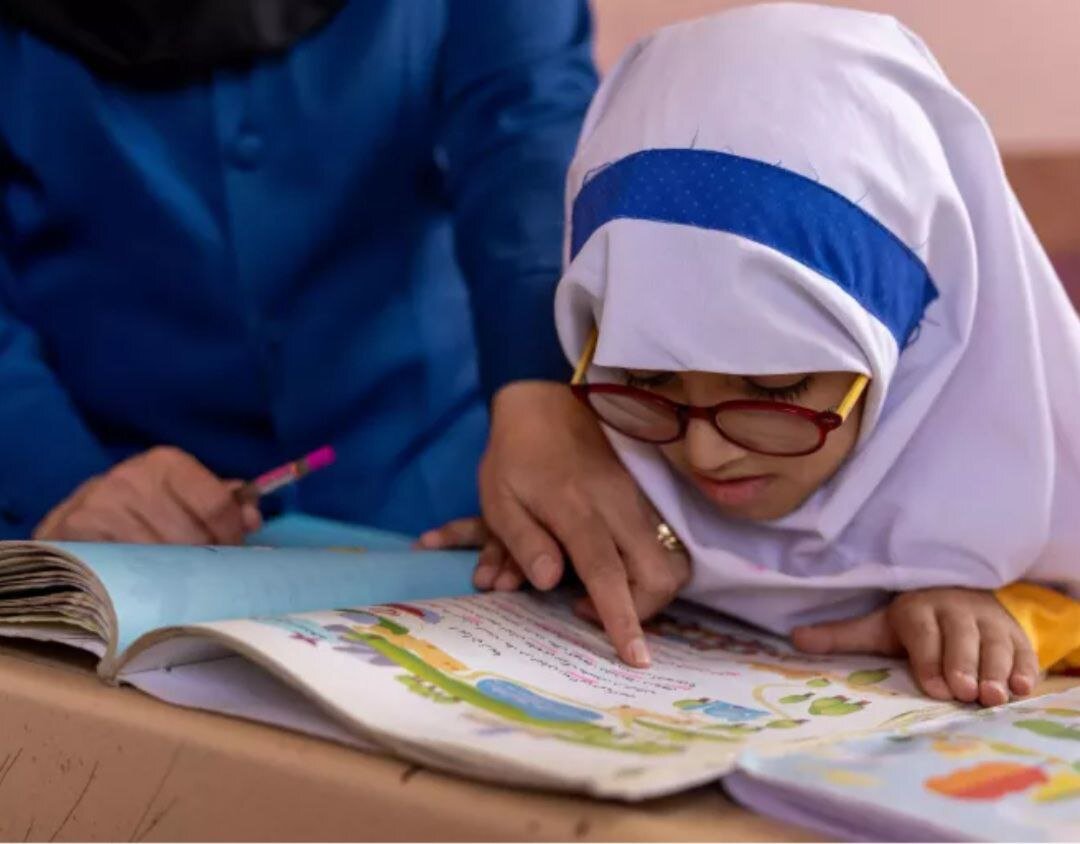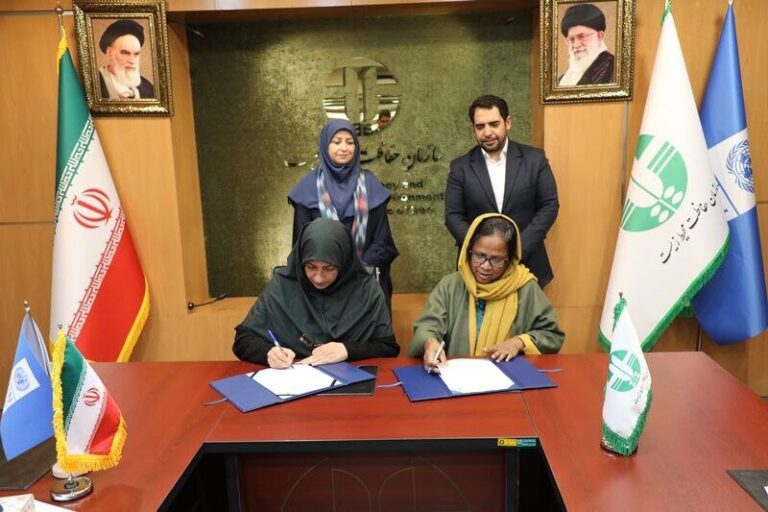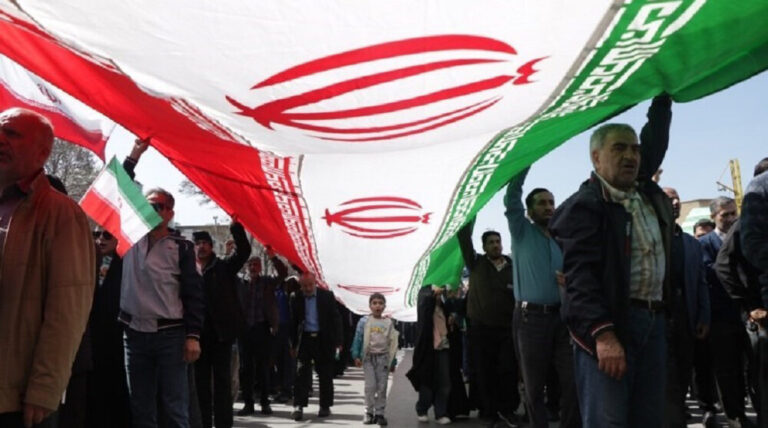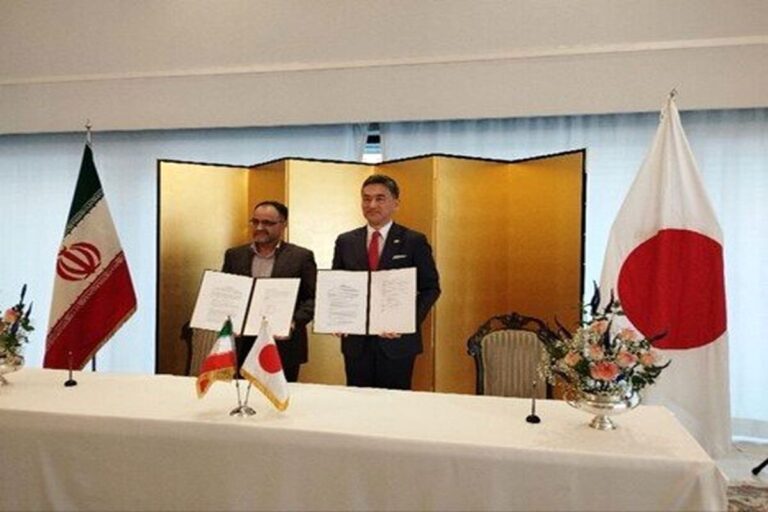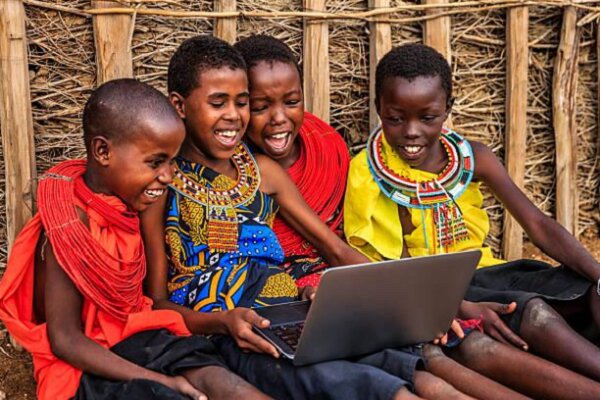Empowering Early Childhood Education in Crisis: IRCS and UNICEF Unite for Impactful Workshop
In recent times, the importance of early childhood education (ECE) has come to the forefront, especially during crises. The Iranian Red Crescent Society (IRCS) and the United Nations Children’s Fund (UNICEF) have taken significant steps to ensure that children are not neglected, even in challenging circumstances. Their recent initiative included a national training workshop focused on providing essential early learning opportunities in disaster-prone regions like Iran.
As the fourth most disaster-prone country in Asia, Iran faces numerous natural calamities, including floods, earthquakes, and droughts. The increasing frequency of these disasters highlights the need for preparedness and resilience from an early age. Unfortunately, when emergencies occur, early education services are often the first to be disrupted. This critical issue was emphasized in a press release from UNICEF on May 5.
The training workshop took place in Bandar-e Anzali from December 14 to 16, 2024, and gathered around 270 IRCS volunteers from across the nation. Participants included ECE teachers, school principals, and members of the SAHAR team, which is responsible for providing psychosocial support.
The workshop focused on “Inclusive Early Childhood Education in Emergencies’ Preparedness and Response.” It aimed to equip participants with vital knowledge and practical tools in several key areas:
- Disability inclusion
- Child protection
- Communication with children
- Psychosocial support
“Quality early childhood education is the cornerstone of a child’s development,” a UNICEF Iran spokesperson stated. “In emergencies, these services are even more essential to provide stability, learning, and safety for young children. This initiative is about ensuring every child, including those with disabilities, has access to nurturing, inclusive learning environments—even in the most challenging times.”
This program, first designed in 2024, aims to create a national cadre of trained educators who can support children before, during, and after emergencies. With a strong emphasis on inclusion, it ensures that children with disabilities and other vulnerabilities receive the attention and care they deserve.
Looking to the future, UNICEF and IRCS plan to redesign the training program based on participant feedback and identified needs. A new phase will focus on community-based informal ECE services to reach the most vulnerable children in underserved neighborhoods and remote villages.
This collaborative effort reaffirms UNICEF’s commitment to delivering education for all, regardless of circumstances. Every child deserves a safe start and a chance to learn, even in the face of disasters.
Recent Collaborative Initiatives
In addition to the December workshop, IRCS and UNICEF have been proactive in supporting children’s mental health through various programs. One notable event was a workshop titled ‘Structured Play, Games in Child-Friendly Spaces’, held from November 16 to 20, 2024, in Bushehr, southern Iran. This interactive event aimed to empower IRCS’ psychosocial support (SAHAR) master trainers with updated concepts and tools to assist children’s mental health and psychosocial wellbeing through structured play in humanitarian settings.
The IRCS SAHAR teams play a crucial role in providing Mental Health and Psychosocial Support (MHPSS) to affected communities and children in emergencies. During this workshop, 49 SAHAR master trainers and young volunteers gathered to explore the positive impacts of structured play.
This hands-on training emphasized the therapeutic benefits of play in promoting mental health and psychosocial wellbeing among children. Participants engaged in various activities designed to showcase these benefits and to equip them with practical skills for their fieldwork.
UNICEF remains dedicated to enhancing the IRCS’s capacity to integrate structured play into their MHPSS programs, ensuring that children in humanitarian settings receive necessary support to overcome challenges and build resilience.
Moreover, in August 2024, IRCS, in collaboration with UNICEF, conducted another important workshop aimed at enhancing the psychosocial support team’s capacity for ‘Ensuring Quality in Psychosocial and Mental Health Care and Support’ (EQUIP) during emergencies. This workshop occurred from August 18 to 20 in Mashhad, Khorasan Razavi province, with thirty-five national master trainers from the IRCS’ SAHAR team participating.
The SAHAR teams consist of volunteers trained to provide essential mental health and psychosocial support following disasters. The EQUIP program assists SAHAR’s master trainers in planning and conducting training and supervision for their volunteer teams, thereby increasing the effectiveness of support offered to children and families during emergencies.
The enhanced skills and capacities gained from these initiatives will greatly improve the mental health services provided to children and adolescents during crises, ensuring they receive effective and safe care.
In summary, the collaborative efforts of IRCS and UNICEF emphasize the pivotal role of early childhood education and mental health support in disaster-prone areas. With a focus on inclusivity and preparedness, these initiatives aim to create a brighter future for vulnerable children in Iran.
